Vitamin D: 5 Surprising Benefits and Uses
Vitamin D—Uses and Benefits
Overview
Vitamin D, the sunshine vitamin, is an excellent remedy for optimal health. Being one of the four fat-soluble vitamins in our diet (others being Vitamin A, Vitamin E, and Vitamin K), it gets easily absorbed in your bloodstream if consumed with high-fat foods and when combined with Vitamin K2 and Magnesium. So, bask in the glory of abundant
Vitamin D, also called calciferol, is popular for its excellent effects on your bone health. It offers protection against bone fractures, a common problem in elderly adults. Talking of vitamin D, we need to know that it is used to define a couple of fat-soluble elements.
So, apart from natural sunshine, you can also get your daily dose of Vitamin D from a few selected foods and dietary supplements as well. It is available in the form of Vitamin D2 (ergocalciferol) and Vitamin D3 (cholecalciferol). While the former can be found in certain plants and mushrooms, the latter can be found in fish oil, eggs, other animal-derived foods, and of course from sunshine exposure.
Signs of Vitamin D Deficiency
The benefits of Vitamin D are expansive as it regulates hundreds of gene expressions involved with biological functions in nearly if not, all systems of the body. As such, when there is a deficiency of this vitamin in your body, symptoms associated with other health conditions may be experienced. The following are a few indicators of vitamin D deficiency in the body:
- Aching muscles, joints, and bones – according to a recent study, nearly all adults, especially in the western world, experience muscle and joint pain, and animal studies found that a vitamin D deficient diet can result in deep muscle hypersensitivity. It was found that this type of hypersensitivity was not associated with calcium levels in the body. Keep in mind that this sunshine vitamin is known to regulate calcium levels in your body and helps to protect your bone health. Overall, scientists and health experts believe that the majority of those who experience aching muscles and joints are deficient in the sunshine vitamin.
- Fatigue and Poor sleep – Fatigue I commonly associated with sleep deprivation among other health conditions. It was also found that insufficient levels contribute to poor sleep which in turn leads to fatigue. A study conducted using 174 adults with fatigue and stable medical conditions revealed that 77.2% of the study participants were in the sunshine vitamin. The intriguing part of this research showed that when these participants normalized Vitamin D levels, their symptoms of fatigue radically and significantly improved.
- Brain and Heart Health – We now have a lot of data that shows that there is a higher risk of dementia, like Alzheimer’s disease and other impaired cognitive function in those who have low levels of vitamin D. Clinical studies have also shown that the adequate supply of the sunshine vitamin also supports heart health by promoting improved circulation and lowering high blood pressure.
- Other Signs – other sign of deficiency includes but not limited to reduced muscle performance, sweaty hands, slow-healing of wounds, dizziness, excess weight (weight gain), recurring infections, and many more.
Uses and benefits of Vitamin D
The benefits and uses below are not at all exhaustive but here are the few highlights to get you started.
- Helps in growth and maintenance of bones—Want to have optimum bone health? Say yes to Vitamin D. Yes, it helps in the regulation and adequate absorption of calcium and phosphorus from our diet to promote healthy bones. You may save yourself from
osteomalacia (softening of bones) and osteoporosis, reveals an assistant professor of clinical nutrition at the University of Texas Southwestern, Dallas, Lona Sandon.
- Great for cardiovascular health—To prevent the risk of heart failure due to insufficient levels of vitamin D, you may resort to supplementation. As per some early studies, those with sufficient levels may be at lower risk of heart failure as compared to the ones having low levels. Moreover, it might reduce the possibility of death due to heart failure.
- Peps up immunity—Vitamin D is a great immunity booster and a lack of this vitamin may lead to poor immune functioning. This means higher vulnerability to infections and other autoimmune issues. To stay away from respiratory infections like asthma, flu, or cold, welcome the sunshine vitamin into your daily routine, be it in the form of natural sunshine, food, and/or food supplements.
- Wards off depression and beneficial for teeth—Vitamin D is vital for proper brain functioning. It can help in regulating your mood swings and preventing you from mental disorders. You can keep depression at bay by including required levels of vitamin D in your body. Vitamin D can prove to be a blessing for elderly adults as it can prevent tooth loss. The risk of cavities also gets reduced to a considerable extent (around 45%) in children and adolescents alike. You just need to consume vitamin D and calcium in the form of cholecalciferol orally to enjoy healthy teeth and strong gums.
- Guards against Rickets—Rickets is a rare disorder caused by deficiency of this vitamin in the body. It can be due to poor nutrition, malabsorption, or insufficient exposure to sunshine. Bone deformities (due to low bone density), bone fractures, seizures, and retarded growth are the complications caused by lack of Vitamin D.
How to Optimize Your Vitamin D Levels

New research is also showing that the bigger we are, the higher our dosage should be to obtain a higher blood serum level. This is because Vitamin D is a fat soluble vitamin – the more fat we have on us, the more the supplement gets absorbed into the fat cells instead of the blood where it can be have the most positive effect on health.
Once you know your existing level, it is important to work with your medical professional to supplement with vitamin D3 with a sufficient level. GrassrootsHealth provides a Vitamin D*calculator to help you determine the dosage needed to achieve a target vitamin D serum level. Although the recommended level for most adults is between 600 and 1000 IU per day as recommended by mainstream health practitioners, data from GrassrootsHealth and others suggests that much more is needed, especially due to the insufficiency found in most adults.
Finally, it is important to retest your level every 3 to 6 months to determine how well the supplementation and/or sun exposure level is working for you. Additionally, it may be necessary to adjust your dosage to achieve an optimal healing level for disease prevention. It has been found that a dosage level above 4,000 IU is needed. Again, it is highly recommended that you work with your healthcare professional when deciding dosage amount..
Final Thought
The health benefits of vitamin D are well documented and when necessary, supplementation may be needed to achieve optimal levels. This vitamin is best absorbed when taken with Vitamin K2 and magnesium. Remember that the best supplements come from eating real, non-GMO, and organic food. Additionally, there have also been improvements made to the delivery method to supplements to help your body absorb the vitamin better. I prefer the liposomal Vitamin D3 with K2 from QuickSilver Scientific.
It is high time the much-neglected Vitamin D becomes a part and parcel of our daily diet to let us thrive!
To Your Health!
References—
- Osteoporosis— https://www.webmd.com/osteoporosis/default.htm
- immunity booster— https://www.ncbi.nlm.nih.gov/pmc/articles/PMC3166406/
- rickets — https://rarediseases.org/rare-diseases/rickets-vitamin-d-deficiency/
- heart failure— https://www.everydayhealth.com/heart-failure/living-with/essential-facts-about-heart-failure/
- depression https://www.ncbi.nlm.nih.gov/pmc/articles/PMC2908269/
- healthy teeth— https://www.ncbi.nlm.nih.gov/pmc/articles/PMC5771062/
- Journal of Neuroscience, 2011;31(39)
- U.S. Pharmacist, 2009;34(3)
- North American Journal of Medical Sciences, 2014;6(8)
- Nutrients, 2018;10(10)
- University of Exeter, August 6, 2014
- JAMA Neurology, 2015;72(11)
- Science Daily, April 3, 2011
- Cureus, 2018;10(7) Abstract


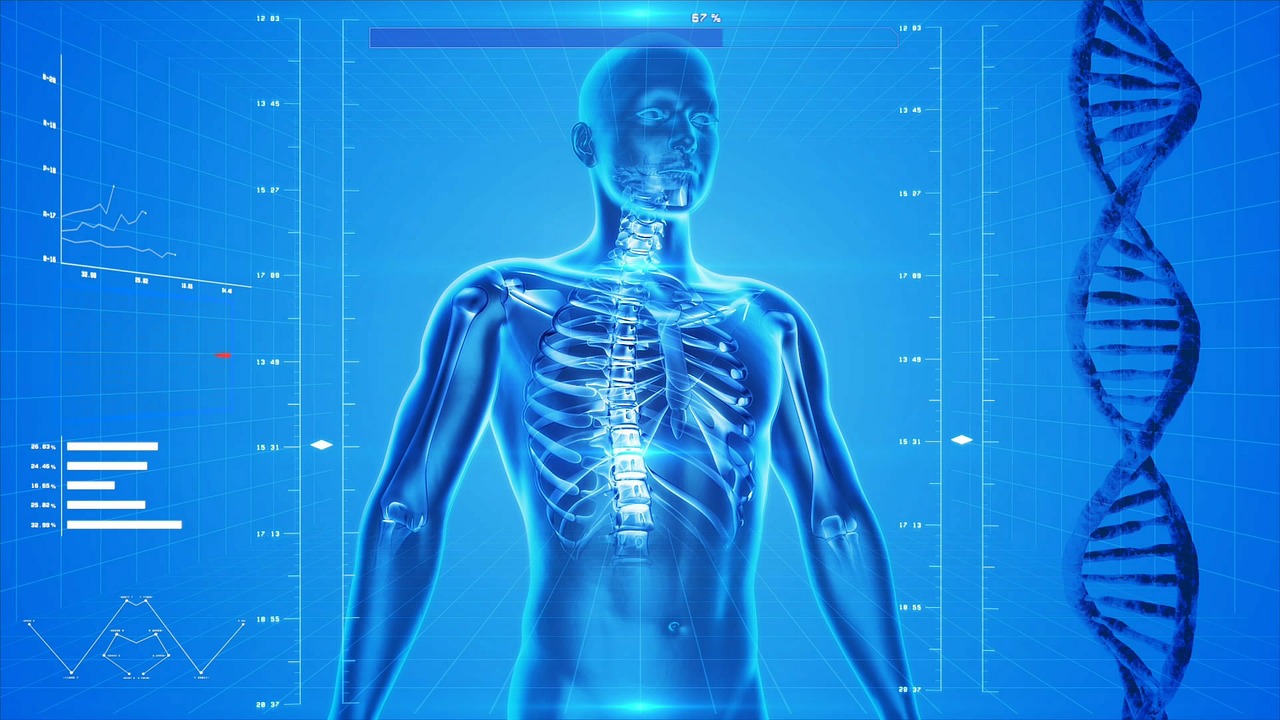 osteomalacia (softening of bones) and
osteomalacia (softening of bones) and 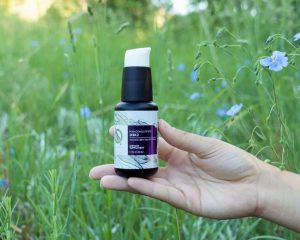
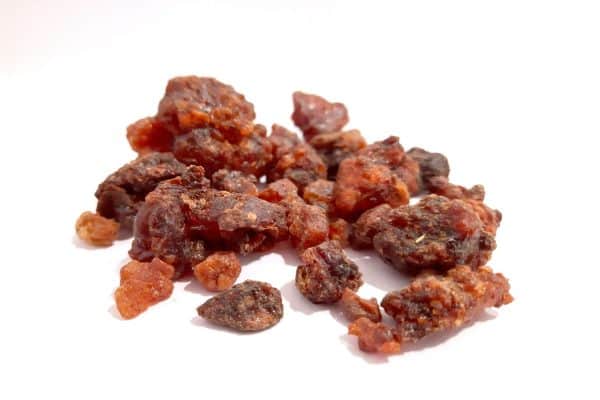







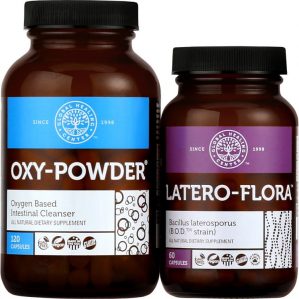

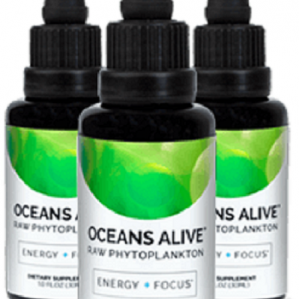
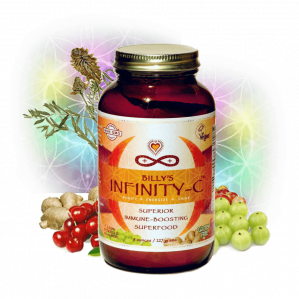











4 Comments
[…] two essential supplements that play a crucial role in maintaining overall vitality: magnesium and vitamin D. These two nutrients are often underrated, but their importance cannot be overstated. In this […]
[…] ==>Learn About the Amazing Benefits and Uses of Vitamin D […]
[…] and minerals. The QuickSilver Scientific D3K2 is a product designed to give you a strong dose of Vitamins D3 and K2 as the name […]
[…] >>The Powerful Nutrient That Helps To Relieve Depression and Reduce Inflammation<< […]